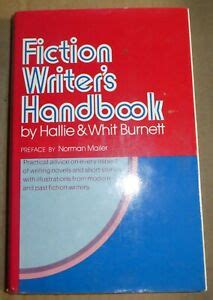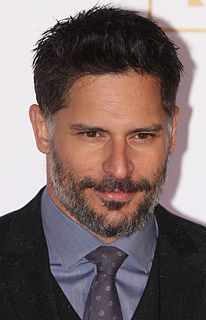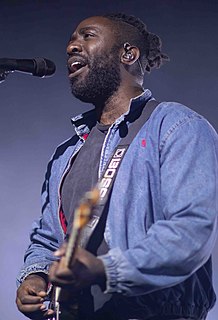A Quote by Margaret of Valois
It is only the educated who can produce or appreciate high art.
Related Quotes
As a senior in high school my counselor recommended that I soften my science and math direction with an art course. Fortunately my high school offered a new course in B&W photography, so I opted for that instead of art, towards which I had an aversion. Composition is something that comes pretty naturally to me and I appreciate ordered chaos: the photo class turned out to be fun.
I never understood the low art/high art distinction. I think there's real currency in pop culture. We read trashy magazines as much as the next person. So I never saw the point in listening to only one thing. That low art/high art distinction comes from the establishment telling me how I'm supposed to think.
Some people are born to make great art and others are born to appreciate it. … It is a kind of talent in itself, to be an audience, whether you are the spectator in the gallery or you are listening to the voice of the world's greatest soprano. Not everyone can be the artist. There have to be those who witness the art, who love and appreciate what they have been privileged to see.
Intellectual culture seems to separate high art from low art. Low art is horror or pornography or anything that has a physical component to it and engages the reader on a visceral level and evokes a strong sympathetic reaction. High art is people driving in Volvos and talking a lot. I just don't want to keep those things separate. I think you can use visceral physical experiences to illustrate larger ideas, whether they're emotional or spiritual. I'm trying to not exclude high and low art or separate them.






































